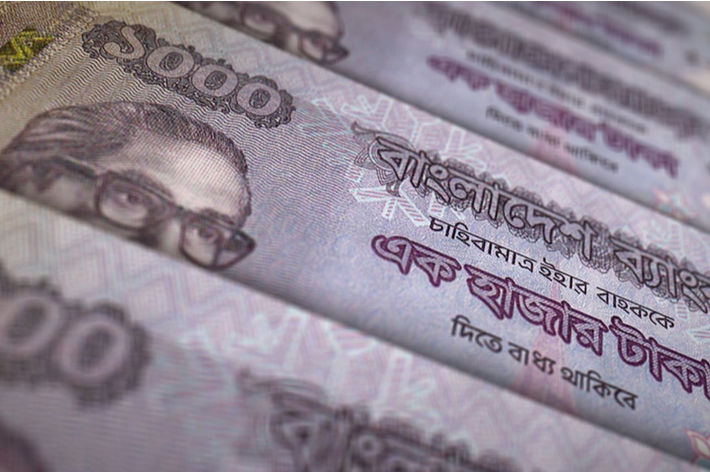
"Certainly, we shall be able to transform Bangladesh into a hunger- and poverty-free society by achieving SDG [UN Sustainable Development Goal] in 2030, a higher middle-income country by 2031, a knowledge-based, happy and prosperous developed country by 2041 and a secured delta by 2100," said Kamal said in his budget speech.
At least three important issues have been carefully considered in preparing the budget structure: the potential economic risks posed by the Russian-Ukraine conflict; the impact of the COVID-19 pandemic; and inflation due to the rise in global prices of all major imported commodities and disruptions in the global supply chain, he informed.
The major challenges for the next fiscal are containing inflation and enhancing domestic investment; financing additional subsidy required for the increased price of gas, power and fertiliser in international markets; utilising funds available through foreign assistance and ensuring timely completion of high priority projects of ministries and divisions; ensuring timely completion of projects in education and health sectors; increasing collection of local value-added tax and raising the number of individual tax-payers; and maintaining stability in the exchange rate of taka and keeping foreign exchange reserves at a comfortable level, he was quoted as saying by domestic media reports.
Out of the total budget size of taka 6,78,064 crore, the total revenue earnings for FY23 have been estimated at taka 4,33,000 crore. Of this, the National Board of Revenue will collect taka 3,70,000 crore and another taka 63,000 crore will be collected from other sources.
Bangladesh will have to utilise the period between 2022 and 2026 with farsightedness to prepare for its graduation from the least developed country (LDC) status, he added.
Fibre2Fashion News Desk (DS)